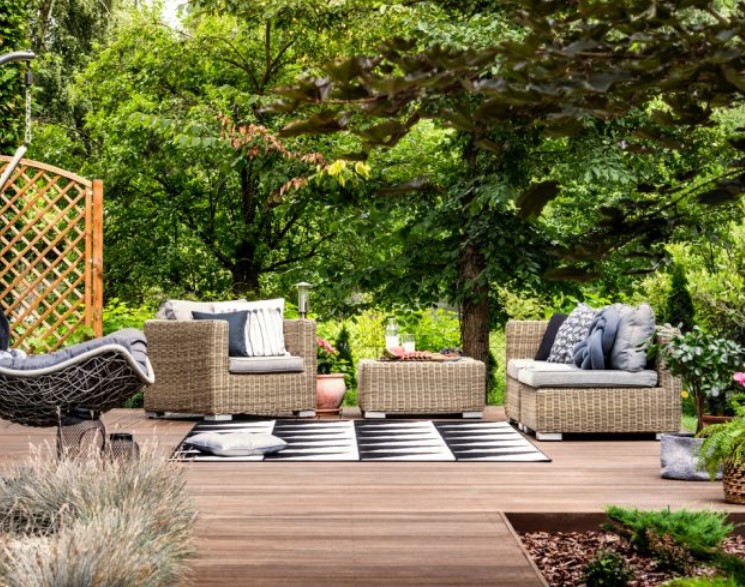In the modern world, where concrete jungles dominate urban landscapes, gardens are sanctuaries of tranquility and beauty. The allure of a garden lies not just in its aesthetic appeal but in its ability to connect us with nature, providing a space for relaxation, contemplation, and creativity. However, creating and maintaining a garden is an art and science that demands understanding, patience, and dedication.
The Art of Garden Design:
Garden design is a multifaceted discipline that blends aesthetics, functionality, and environmental considerations. At its core lies harmony—the harmonious integration of plants, structures, and natural elements to create a cohesive and visually pleasing space. One crucial factor in garden design is understanding the principles of composition, such as balance, proportion, rhythm, and focal points.
The site’s conditions, including soil type, sunlight exposure, and climate, must be considered when designing a garden. Different plants thrive in different environments, so selecting the right plant species is key to a successful garden. Additionally, incorporating diverse plant species enhances the visual appeal and promotes biodiversity, attracting beneficial insects and wildlife.
The Role of Biodiversity in Gardens:
Biodiversity is the cornerstone of healthy ecosystems, and gardens play a vital role in preserving and enhancing biodiversity in urban environments. Gardeners can create mini-ecosystems that support pollinators, birds, and other wildlife by cultivating various plant species. Native plants, in particular, are essential for supporting local biodiversity as they have evolved to thrive in specific regions and provide food and habitat for native fauna.
In addition to plant diversity, gardeners can enhance biodiversity by incorporating water features, such as ponds or birdbaths, and creating habitat structures like insect hotels and birdhouses. These features not only attract wildlife but also contribute to the overall ecological balance of the garden.
Sustainable Gardening Practices:
With growing concerns about environmental sustainability, there is a growing interest in sustainable gardening practices that minimize the ecological footprint of garden maintenance. One of the fundamental principles of sustainable gardening is water conservation. Techniques such as rainwater harvesting, drip irrigation, and mulching help reduce water usage and promote soil health.
Furthermore, organic gardening practices, such as composting and natural pest control, eliminate the need for synthetic chemicals, reduce pollution, and protect the health of humans and the environment. By adopting sustainable gardening practices, gardeners can create vibrant, thriving ecosystems that benefit both people and the planet.
The Therapeutic Benefits of Gardens:
Beyond their aesthetic appeal and environmental importance, gardens also offer therapeutic benefits for our physical, mental, and emotional well-being. Numerous studies have shown that spending time in nature can reduce stress, anxiety, and depression while also improving mood and cognitive function.
Gardening, in particular, has been found to have profound therapeutic effects. Tending to plants, digging in the soil, and nurturing new life can instill a sense of purpose and accomplishment. Additionally, gardening promotes physical activity, essential for maintaining overall health and fitness.
Conclusion:
In conclusion, gardens are more than just patches of greenery – they are vibrant, dynamic ecosystems that enrich our lives in countless ways. From their role in preserving biodiversity to their therapeutic benefits for our well-being, gardens remind us of our connection to the natural world. By understanding the principles of garden design, embracing biodiversity, adopting sustainable practices, and immersing ourselves in the beauty of nature, we can cultivate paradises that nourish the body, mind, and soul.
Through this exploration of gardens, we appreciate their profound significance and the transformative power they hold to create harmony and beauty in our lives. So, let us cultivate our gardens with care and reverence; in doing so, we cultivate a better world for ourselves and future generations to enjoy.

